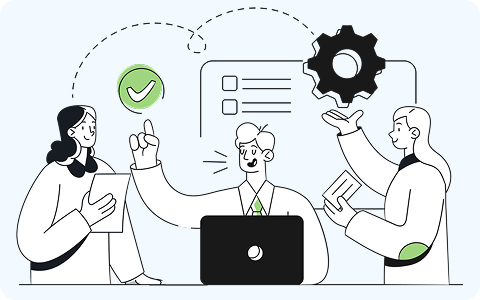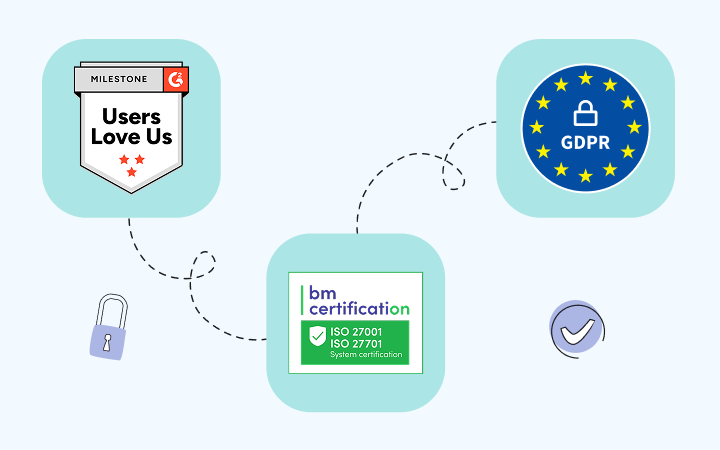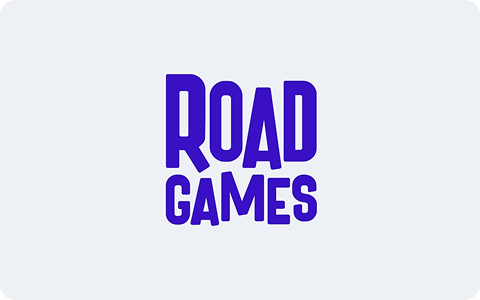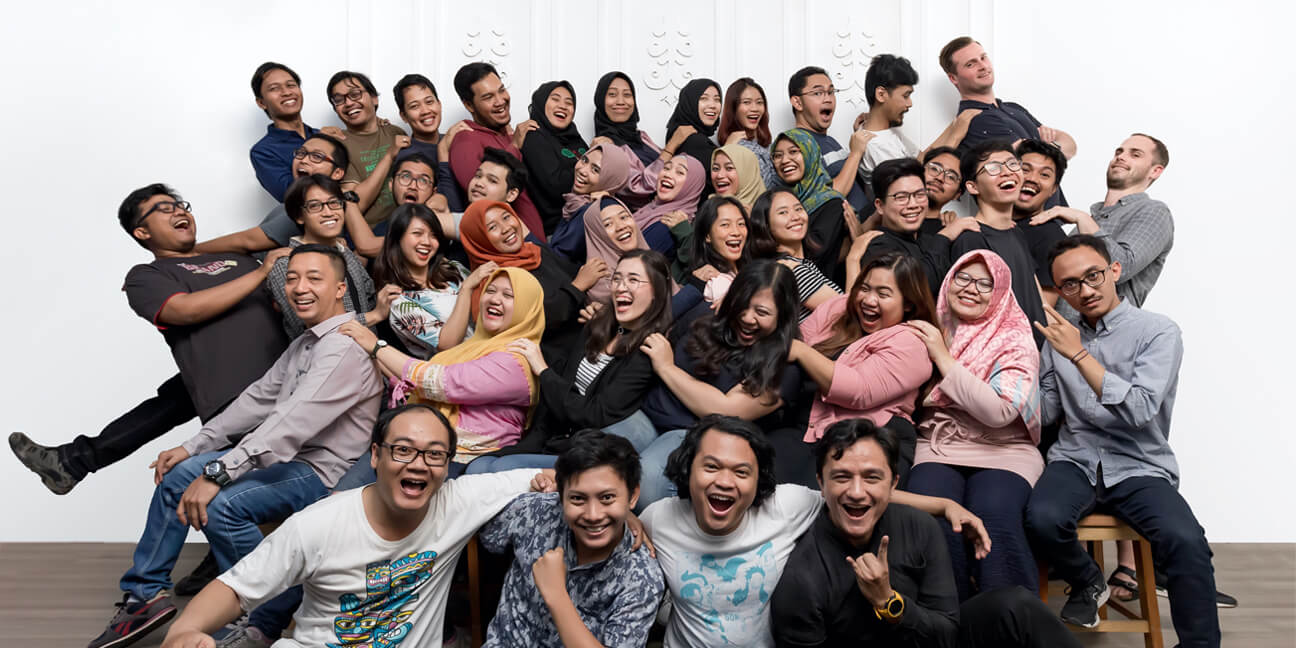


🍪 Allow functional cookies?
We use Zendesk messaging software for easy communication with our clients. Zendesk uses cookies to interact with website visitors and provide chat history.
See our Privacy Policy for more info. You can change your cookie preferences at any time in our Cookie Settings.





Meet Paperlust – an Australian stationery company where local artists create custom designs printed on a luxe paper stock. It was founded in 2014 with an idea to support local artists and bring custom paper products including wedding invitations, birthday invitations, graduation invitations, and more to people who love good design.
Today, Paperlust is a successful company that markets their designs globally and has been named one of Westpac’s Businesses of Tomorrow for 2017 – an award that “recognizes and supports great Australian businesses today, with a clear vision for tomorrow.”
Behind every successful company, is a team that is passionate about what they do. Paperlust's team consists of 45 employees working in 9 departments – and they all use DeskTime.
Paperlust's technical director Arief Widyananda tells how they came to the idea of using time tracking software in their company:
“We wanted to have a tool that is automatic and allows everyone to tap in and out of the office without the manual input of information.”
“In addition to that, we were interested to see how much time our teams spend on specific projects, apps, and websites so they can find the balance between being productive and being creative.”
And so, 2 years ago Paperlust started to use DeskTime – and they've never looked back.
“DeskTime helps us ensure an easy clock in and tracks time anytime and anywhere, which is helpful if a company implements a remote working policy as we do.”
“Additionally, when we're working with third-party clients, we can easily create a login for them so they can see how transparent and optimal our work is.”
When asked which DeskTime features Paperlust's team enjoys the most Arief says that it's the report feature where you can create detailed reports without much effort.
Arief has also noticed that DeskTime helps many of the company's departments. “From the project management perspective, we can see how long our teams have been working on specific tasks. It allows us to decide the allocation of time and budget on the next project, and estimate how much resources are needed for similar features. Line managers can see if the extra hours spent in their teams are productive or not. From the HR perspective, we can easily track absence, late arrivals, and overtime directly from the report feature. All of this is reported to our payroll administration,” Arief explains.
Introducing DeskTime to the Paperlust team was an easy and smooth process.
“Everyone in our company considers DeskTime as a cool app that provides insights on how much time we spend working on each project or task.”
And the best thing? “It works automatically in the background of your computer, so all you have to do is log in and forget about it,” Arief adds.
But does DeskTime help Paperlust to achieve its business objectives? It sure does!
“When we work with our customers we set out a deadline on how long it will take to build a feature for them. DeskTime considerably eases this process. It helps us to see how much time the feature development takes, how many people are needed for this task, therefore, allowing us to work more optimally,” Arief tells.
When asked if there were there any surprises or striking conclusions after implementing DeskTime in their offices, Arief replies affirmatively. The managers of the company were surprised how much time their employees in branch offices spent using communication tools like Skype or Google Hangouts. What's more – it was very informative and useful to see how much time software developers actually spend on IDE software to develop features for Paperlust.
But what about difficulties with using DeskTime? Arief says that his team found DeskTime easy to use, with many great features (especially reports) that help to improve the company's work. The most time-consuming process was to decide which websites and apps are productive and which aren't. But it was worth it – Arief believes that the data they now gather with DeskTime is extremely helpful.
Finally, when we asked would Arief recommend other companies to use DeskTime, he replies that he does, because “it's great to have detailed information on how much time you and your team spend on tasks or projects. By doing so, so we can optimize our work, [...] and offer other services to our customers without a worry.”
Forget manual entries and distractions. With DeskTime, time tracking runs on autopilot—zero effort needed.